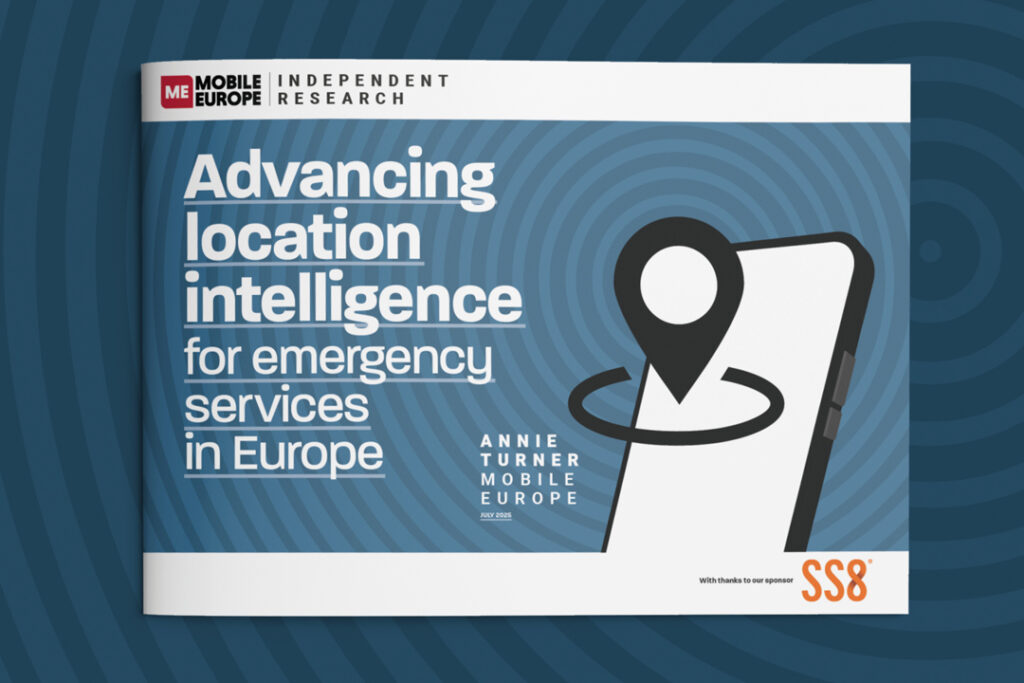To see Ericsson's and ZTE's reponse – click here
A rumoured EU investigation into Chinese "dumping" of telco equipment into the markets of its 27 member states might be a battle that Europe's own telco vendors have no appetite for, even though at first sight they could stand to benefit.
An FT report on Friday said that the EC now feels it has enough evidence to warrant an enquiry into China's use of state subsidies to support "dumping" of telco equipment on the European market by Huawei and ZTE. The report quoted sources who attended an internal meeting held on Thursday between EC Trade Commissioner Karel De Gucht and representatives of the 27 member states. It noted that any official investigation and penalties could be bad news for European vendors, for whom China is a crucial growth market. The proposed danger is that any action against Chinese companies could be met with retributive action.
So who wants this battle?
It's not obvious that those who might be presumed to benefit — the European vendors who have seen margins and sales decline in the face of Chinese competition — have any great appetite to further the investigation, or have been instrumental in instigating it.
Mobile Europe approached Ericsson, NSN and Alcatel-Lucent for comment. We asked three questions, Do any of the parties have an official position on the reported EU Trade investigation into Chinese state subsidies of Huawei/ZTE? Have any of them ever raised this issue officially or unofficially with EU authorities? Do the vendors view the investigation as a potential threat to exports to Chinese market?
Alcatel-Lucent simply said "We don't have any comment" and left it at that. Ericsson is still to provide comment, and Mobile Europe will update with that if we receive it.
NSN was more forthcoming. It provided the following statements:
Q1: "As a European company that also has a strong presence in China, we do not believe it would be appropriate for us to take a position in this case. Our presence in China includes close cooperation with Chinese customers and R&D and manufacturing operations.
Q2: "We have been informed by the Commission that it was looking into this issue."
Q3: We understand that this is an initial step which is an investigation into the facts. It would not be appropriate to speculate about any potential consequences at this stage.
Meanwhile, neither the EC Trade Commisioner's spokesperson John Clancy, nor the Trade Commission's press office could be reached for comment as the EC is not open for business today (it's a holiday).
The telco "anti-dumping" action should probably be seen in the context of wider concerns about the effects of Chinese trade practices within Europe. On 22 May 2012, Commissioner De Grucht told The European Parliament that "the list of issues we need to address with China grows longer". He was speaking before Parliament adopted resolutions on European-Chinese trade relations, following the publication of a report called, 'China: Unbalanced Trade?' compiled by rapporteur Marielle de Sarnez, and four Parliament Committees.
"It is crucial for European business that we vigilantly defend our interests whenever trade rules are not respected. We are doing that with anti-dumping and anti-subsidy instruments. And we have resorted to WTO when that was necessary; for example to address restrictions on access to raw materials and rare earths," De Grucht added.


